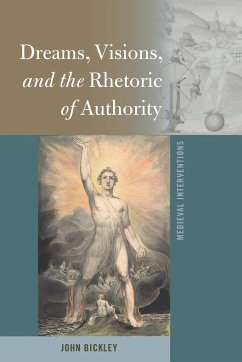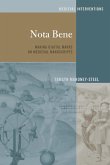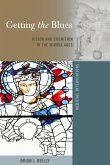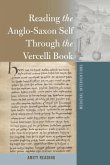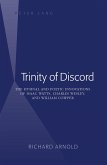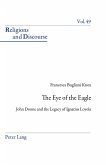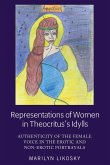In Dreams, Visions, and the Rhetoric of Authority, John Bickley explores the ways dreams and visions in literature function as authorizing devices, both affirming and complicating a text's authority. After providing a framework for categorizing the diverse genres and modes of dream and vision texts, Bickley demonstrates how the theme of authority and strategies for textual self-authorization play out in four highly influential works: the Book of Daniel, Macrobius's Commentary on the Dream of Scipio, Julian of Norwich's Revelations of Love, and Chaucer's Hous of Fame.
"In Dreams, Visions, and the Rhetoric of Authority, John Bickley brings a fresh perspective to a field so well-worked that one might have supposed there was nothing left to say. Bickley puts the lie to this supposition with a study that sheds new light on a range of literary dream visions by scrutinizing them through the lens of rhetorical authority and arguing that they were composed by authors driven largely by the anxiety of authority. Students of Chaucer, and Middle English literature in general, will be particularly interested in this well-written and important study." -David F. Johnson, Professor, Department of English, Florida State University

